Physical Address
304 North Cardinal St.
Dorchester Center, MA 02124
Physical Address
304 North Cardinal St.
Dorchester Center, MA 02124
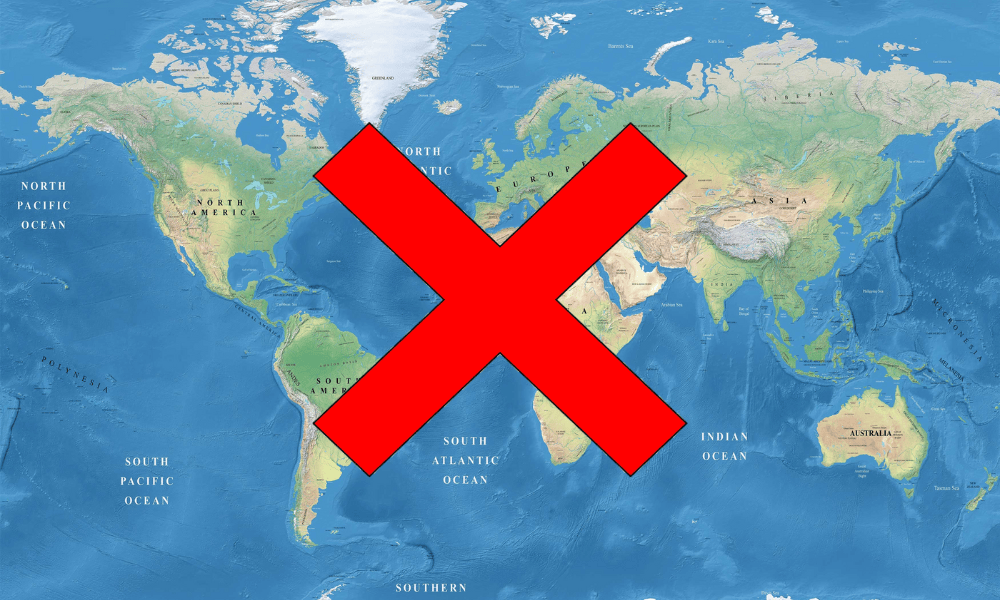
Countries. We pledge allegiance to them, defend them, argue over them, and fight wars for them. But have we ever stopped to ask: Are they even real? Sure, you can see a border on a map, but step outside, and it’s just another piece of land. No glowing lines, no barriers—just Earth. What if the very idea of countries is an elaborate illusion designed to divide us, pit us against each other, and serve the interests of the powerful? Let’s dig deeper into this rabbit hole, balancing scepticism and curiosity, to explore whether the concept of nations is an authentic necessity or just another manipulation.
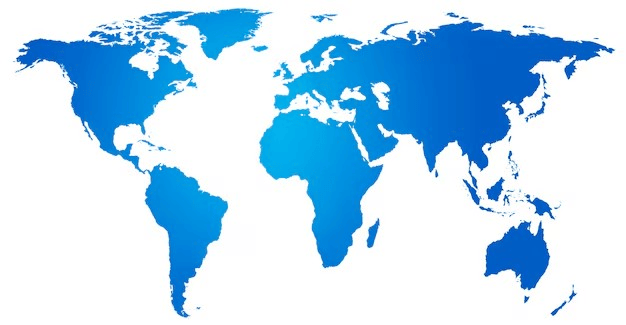
Borders don’t physically exist. They are drawn by humans, mostly after conflicts, treaties, or colonization. A perfect example is Africa, where European powers divided the continent without any consideration for the cultures or tribes that already existed. The results? Endless conflicts over territories that were once harmonious.
But here’s the thing: who benefits from this constant division? Historically, it’s not the people on the ground, but the elites. Dividing us into “countries” creates a sense of “us vs. them,” fueling nationalism and making it easier to control populations. We’re told to protect “our side,” even if it means giving our lives for wars that, upon closer inspection, often seem more about money and power than principles.
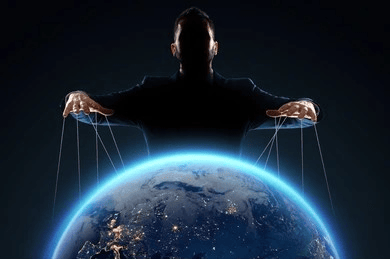
The concept of countries feeds directly into the larger machinery of governance and control. Politicians, presidents, and prime ministers are paraded on television as symbols of power, yet they often appear to be mere puppets. The real strings? Pulled by multinational corporations, banking systems, and shadowy elite groups who remain nameless and faceless.
Take a step back: why do governments—ostensibly representing different countries—always seem to align on certain global initiatives, like war, finance, and surveillance? From the World Economic Forum to private banking conglomerates, there’s a growing belief that a shadow government operates globally, using “countries” to play out their agenda.
But let’s not ignore the counterargument. Some argue that the nation-state system protects smaller groups and allows communities to maintain cultural identities. Without these borders, who’s to stop one large power from taking over everything? Yet… haven’t we already seen that happen in a less obvious way?
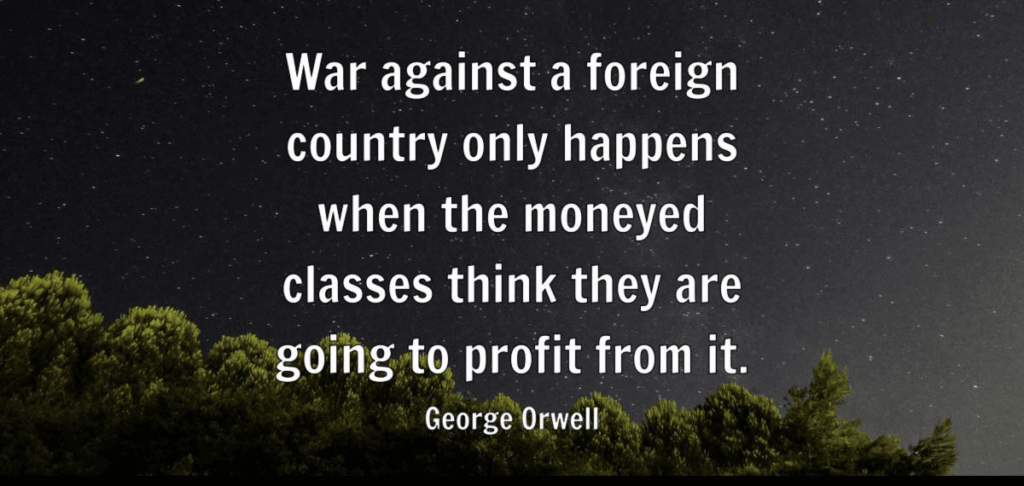
Here’s a bitter truth: wars are rarely about the reasons we’re told. Most wars don’t protect freedom or sovereignty—they protect profits. A quick glance at history reveals a disturbing pattern.
Wars are staged like theater productions, with politicians as actors, citizens as extras, and the military-industrial complex cashing in behind the scenes. Some theorists even go as far as to claim the “elite” enjoy the chaos and suffering because it serves as a distraction, keeping people from realizing their collective power. After all, if we’re busy fighting each other, we’re not asking why we’re fighting at all.

To be fair, the counterargument holds some weight. Humans have always formed tribes, and countries are, in some ways, an extension of that instinct. It’s human nature to form groups, protect what’s ours, and differentiate ourselves.
But here’s the kicker: at what point did these natural groupings become tools of oppression? Ancient tribes shared land and resources in communal ways, but modern countries seem to exist to hoard wealth, control resources, and create hierarchies. Why does it always seem like ordinary people are asked to sacrifice while the rich stay untouched?
Are nations an extension of human nature or a perversion of it? We don’t claim to have all the answers, but it’s worth asking.
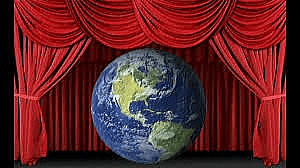
In Shakespeare’s As You Like It, he wrote, “All the world’s a stage.” Could he have been onto something? What if the political drama we see on the news is just that—a carefully orchestrated performance designed to keep us distracted, divided, and compliant?
Every time a major event unfolds, we witness the same patterns: fear, division, and unquestioning obedience. Take the COVID lockdowns, for example. They demonstrated how effortlessly populations could be controlled under the banner of “safety.” Countries imposed arbitrary rules, spread fear like wildfire, and encouraged neighbors to turn against one another for the “greater good.”
And while the world was consumed by anxiety and isolation, what happened at the top? The rich got richer, the powerful consolidated even more control, and everyday people were left to bear the burden—poorer, lonelier, and more divided than ever before.
This isn’t to deny that real dangers exist or that crises aren’t genuine. But when solutions repeatedly benefit the same elite few while harming the many, it’s hard not to question the motives driving these decisions. Are we simply players in a larger performance staged by those in power?
For those intrigued by the metaphor of life as a performance, you might enjoy the Kindle book All the World’s a Stage to delve further into this thought-provoking concept.
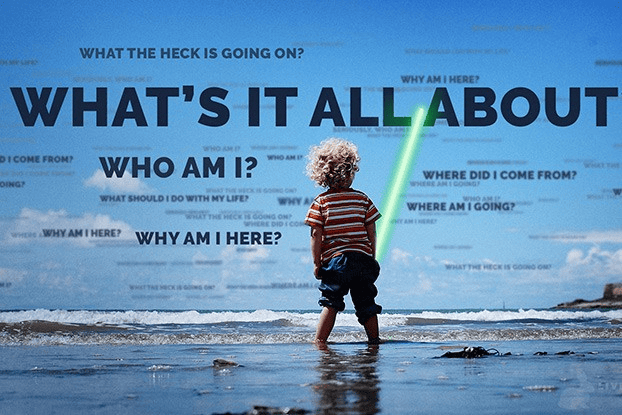
Speaking of questioning everything, this entire debate about borders, nations, and control ties into the larger question of our reality itself. If we’ve been lied to about history, wars, and governance, what else might we be wrong about? If you’re ready to explore this, check out our blog post Flat or Globe? Why the Real Question Is Much Bigger. It’s an eye-opener for anyone seeking truth beyond the narrative we’ve been sold.
Maybe countries exist. Maybe they don’t. Maybe they’re real but have been co-opted by the elite for their benefit. One thing is clear: the more we question, the closer we get to understanding the systems of control around us. Whether you’re waving a flag or tearing it down, remember this: humanity has the power to rewrite its own story.
These are our thoughts, musings, and ramblings. We’re not saying we’re right, but we’re definitely not saying we’re wrong. Question everything, trust your gut, and remember: if tyranny thrives on ignorance, knowledge and curiosity are the ultimate rebellion.